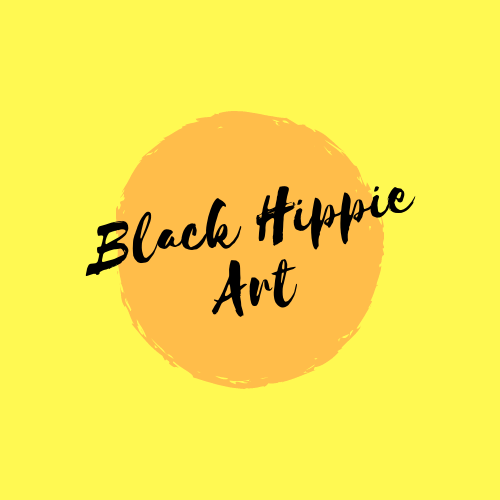Being An Introverted Artist is Not A Weakness
Written By: Keyonna Butler
It’s Friday night, and you’ve been invited to an art show. It sounds like a great opportunity to network, meet fellow artists, and maybe even land a chance to showcase your work. You're all set to mix and mingle—until suddenly, your mind floods with reasons not to go. It’ll be crowded. It’ll be loud. And honestly, you hate networking. Just the thought of being surrounded by so many people at once is exhausting.
So, you make a different choice: stay home and finally dive into those creative projects you've been itching to start. If this scenario sounds familiar, there’s a good chance you’re an introvert.
Photo by Fireworks Uche
Being an introvert means you recharge by spending time alone. Contrary to popular belief, introverts aren’t necessarily shy—they simply prefer solitude or small, meaningful interactions over large social gatherings. And for artists, that distinction is important.
As an introverted artist myself, I know how comforting it can be to spend the night with just my sketchbook or iPad. Constantly networking, promoting yourself, and engaging with large crowds can be draining, especially when you're trying to build a brand around your art.
At this point, you might be wondering: Can you be both an introvert and a successful artist? Absolutely.
While social media may make it seem like all creatives are extroverted partygoers constantly showcasing their work at events or collaborating with influencers, that’s not the full picture. Many successful artists share core introverted traits: they think deeply, work independently, are self-motivated, and are highly sensitive to their surroundings. These qualities not only shape who we are, but they also enhance our artistic practice.
Time alone can be powerful. It’s when ideas flourish, concepts develop, and the work gets done. And thankfully, platforms like Instagram, TikTok, and Facebook allow introverts to share their work and connect with audiences without the overwhelm of in-person interactions.
Photo By: @rf._.studio
To explore this idea further, I asked fellow artists on social media how being an introvert affects their brand and whether social media helps or hurts.
A photographer responded:
“Social media is the only reason anyone sees or likes my work. I'm terrible at introducing myself and just generally awkward in social settings. Instagram and Facebook let my work speak for itself.”
A fashion designer shared:
“If it weren’t for social media, no one would see my designs. I have a love-hate relationship with fashion shows—once I step off the stage, I get bombarded by so many people.”
An artist in the theater world offered a thoughtful perspective:
“Social media can be a great tool for introverts. It allows us to connect with audiences instantly, without having to be physically present. The flip side is that it can create pressure to present a version of ourselves that isn’t fully authentic.”
And finally, a writer shared this insight:
“Being an introvert can be a strength for artists today. Many successful people I’ve met describe themselves as introverts. Social media only enhances that advantage.”
Now, don’t get me wrong—I’m not suggesting that artists should isolate themselves completely. Collaboration, conversation, and community are vital parts of growth and success in any creative field. But this is a reminder that you don’t have to pretend to be someone you’re not to “make it” as an artist.
There’s no one-size-fits-all personality for success. The key is to work in ways that are true to you. That might mean skipping the party to sketch in peace, or using digital platforms to share your work instead of attending every networking event.
Before you convince yourself you need to live like the extroverted creatives you see online, remember that even the biggest names—yes, even Beyoncé—might share the same doubts, insecurities, or introverted tendencies you do.
Success doesn’t require changing who you are. It requires showing up as yourself and trusting that’s more than enough.



